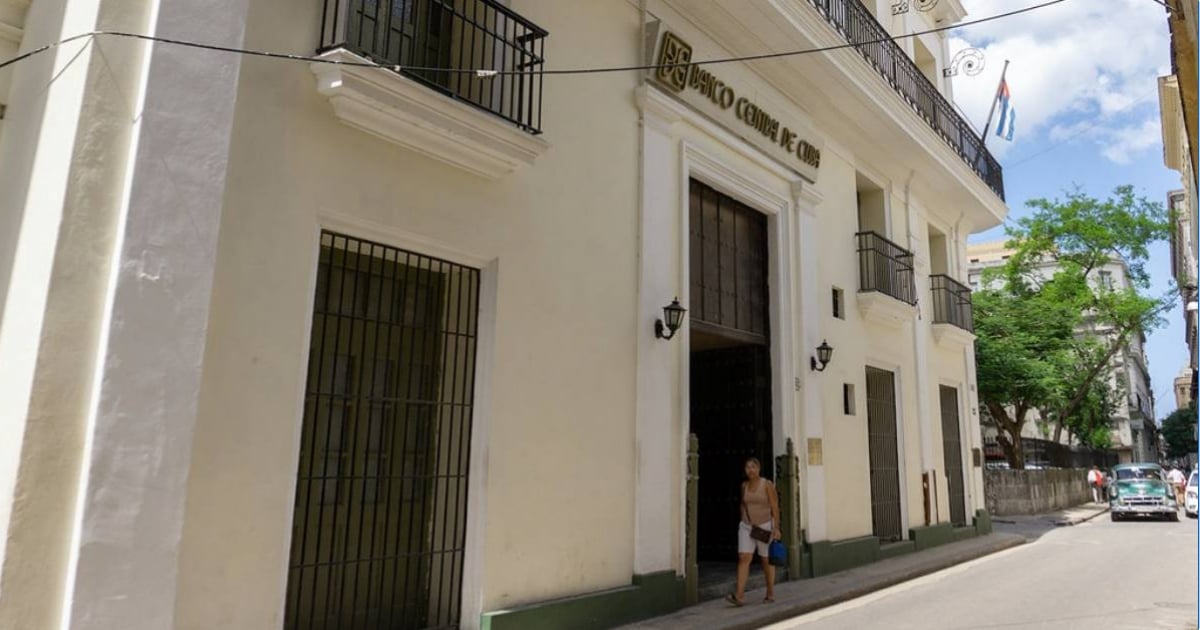The Cuban regime acknowledged on Friday that its appeal against investment fund CRF I Limited was dismissed by the London Court of Appeal. This fund is labeled by the Cuban government as a "vulture fund." In light of this development, the regime is now considering its future legal options.
In a statement released on Friday, the Banco Nacional de Cuba (BNC) expressed its dissatisfaction with the judicial proceedings, describing them as both unjust and detrimental to the Cuban people's interests. "On November 19, the Civil Division of the London Court of Appeal dismissed the appeal we filed against Judge Sarah Cockerill's ruling, which was issued on April 4, 2023. This ruling mandates that the Banco Nacional de Cuba remains involved in the proceedings," the statement reads.
The BNC explained that "in February 2020, CRF I Limited, a vulture fund legally based in the Cayman Islands, filed a lawsuit against our banking institution in the High Court of England and Wales." The BNC has consistently argued that the fund has no legitimate ties to its financial instruments and is not a creditor of the Banco Nacional de Cuba.
Background of the Legal Dispute
The London Court of Appeal's rejection of the BNC's appeal on Tuesday confirms CRF as the legitimate creditor of a €72 million sovereign debt. This decision paves the way for the case to progress to the next phase, where CRF seeks to enforce payment.
The legal battle traces its roots back to loans provided by European banks to the BNC in the 1980s, governed by English law. The court highlighted that the BNC expressly waived sovereign immunity for this debt, strengthening CRF's position in UK courts.
Implications for Cuba's Economy
The conflict escalated in February 2023 when Judge Sarah Cockerill ruled that CRF had been recognized as a legitimate creditor in 2019. This recognition followed the approval of the assignment of contractual rights by Raúl Olivera Lozano, then the BNC's director of operations. Olivera Lozano was later imprisoned in Cuba on charges linked to this case.
The BNC contended that Olivera Lozano did not adhere to necessary internal procedures and that CRF failed to properly notify the debt transfer, claims that the court dismissed.
This ruling deals a significant blow to Cuba's already struggling financial system, which is grappling with a severe economic crisis and challenges in accessing international markets. While CRF views the ruling as a triumph in asserting its contractual rights, Havana argues that the litigation aims to obstruct its access to external financing.
Controversy Surrounding the Case
The case continues to stir controversy. Reports emerged on Friday that actress Ana de Armas and the "advisor" and stepson of Miguel Díaz-Canel, Manuel Anido Cuesta, are romantically involved and recently had dinner in Madrid with lawyers representing the regime who lost the case in London.
